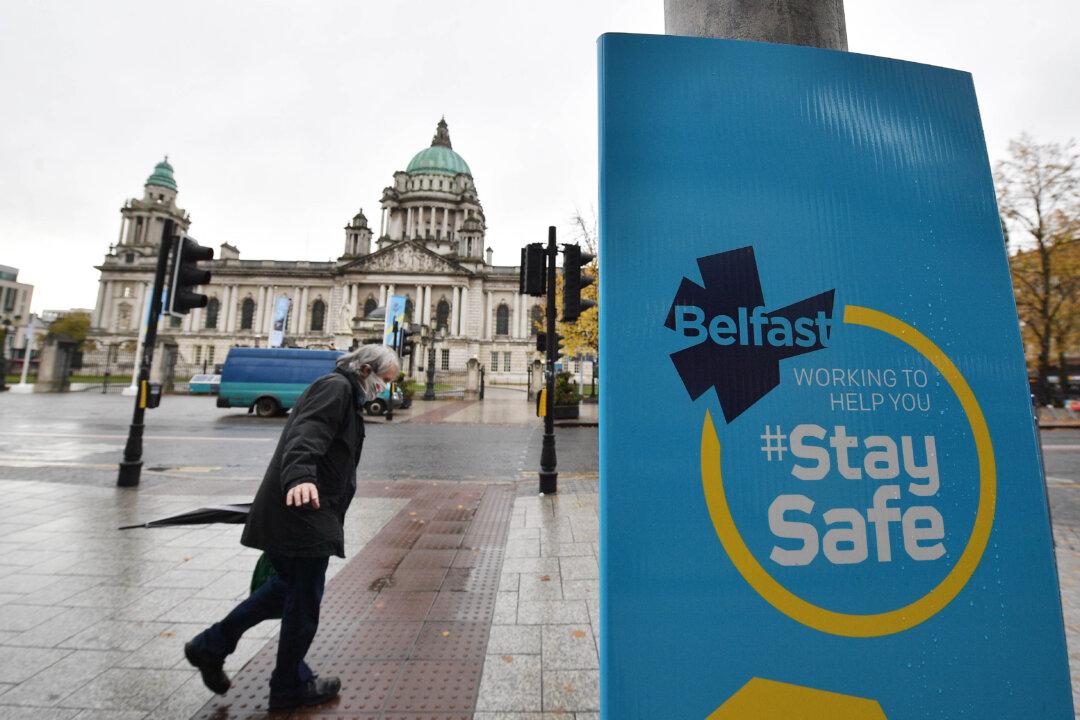Fourteen people who were reported in connection with attendance at Black Lives Matter protests last year won’t be prosecuted, Northern Ireland’s Public Prosecution Service (PPS) said on June 2.
The PPS said that it came to the conclusion that “the Test for Prosecution was not met in respect of any suspect on evidential grounds.”





